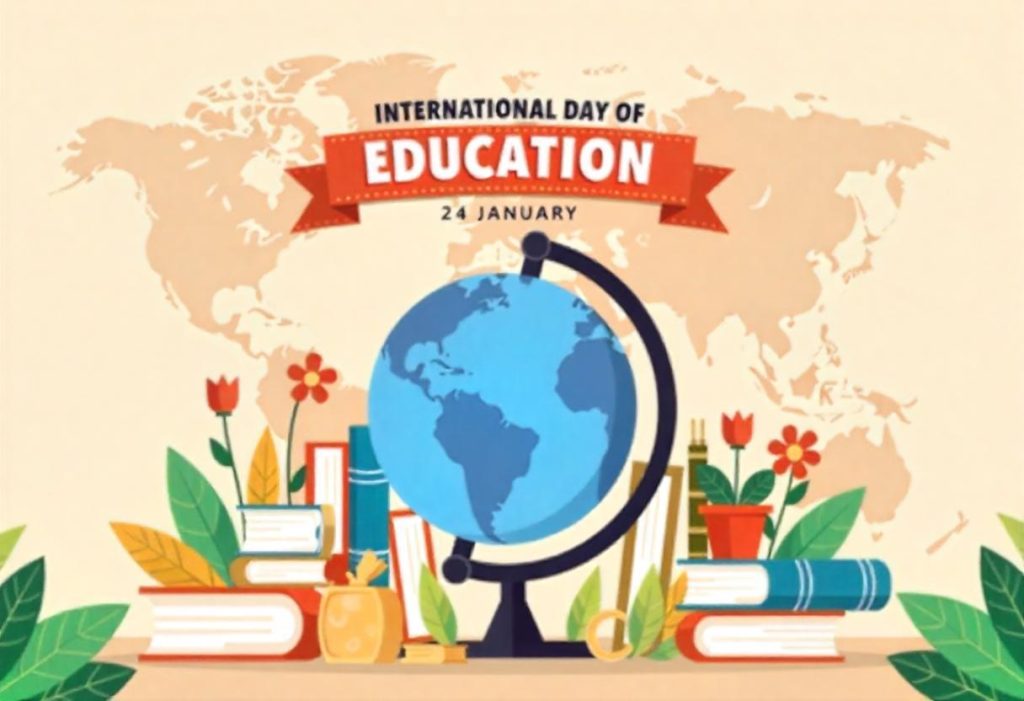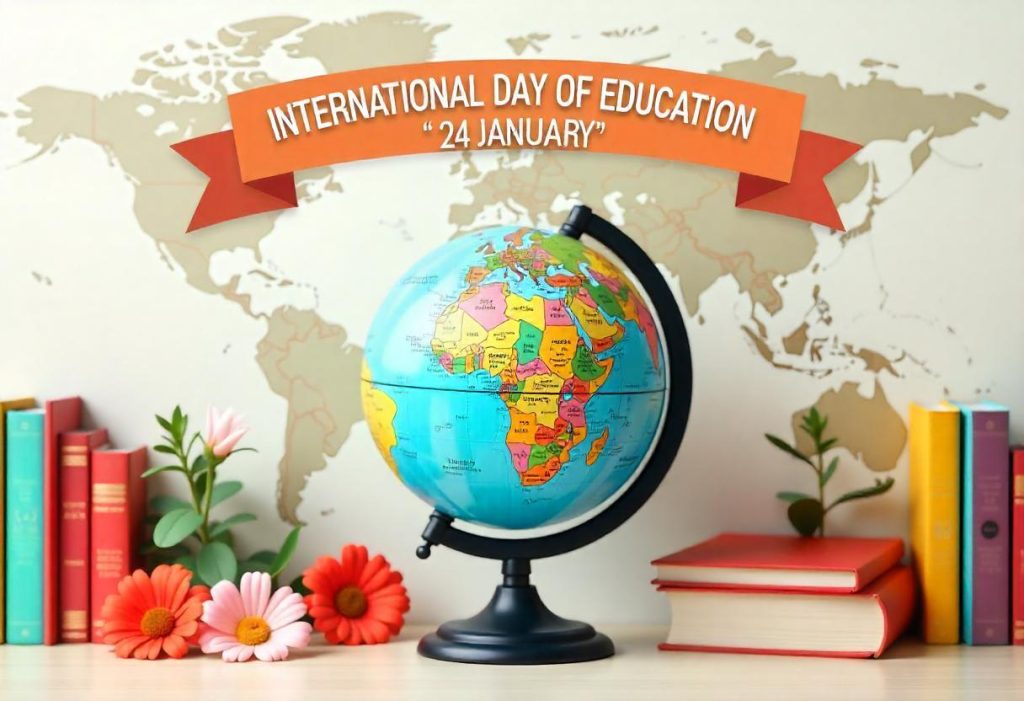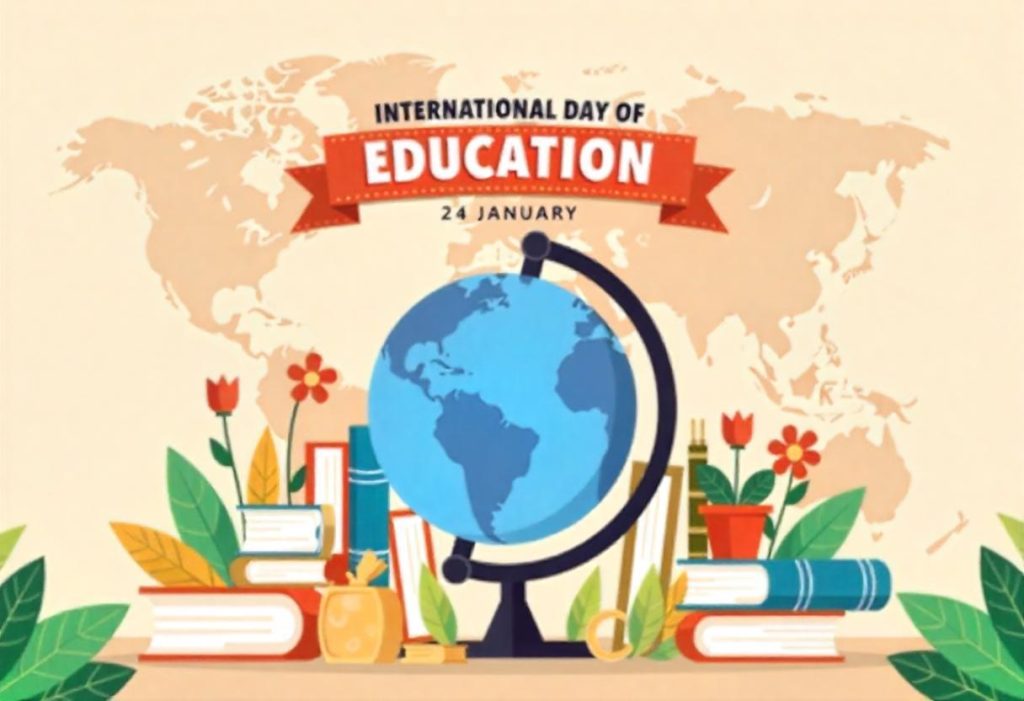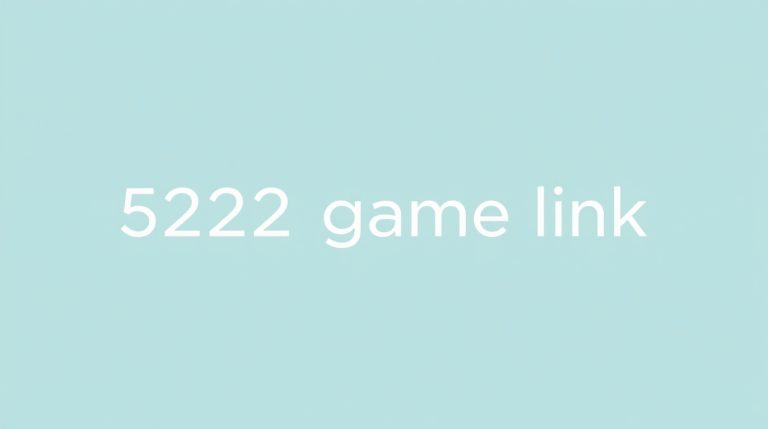
Table of Contents
Education is not just for learning or getting jobs; it helps in building a better future. January 24th is International Education Day, a day that advocates the necessity of education in modern civilization. Every country in the world celebrates the day by encouraging everyone to support quality learning opportunities for everyone irrespective of their skills, gender, or the country they come from. This observance is even more important as we try to solve the problems and find the opportunities of the dynamically changing world in 2025.
The Importance of International Education Day
International Education Day was proclaimed by the United Nations in 2018 and celebrates the importance and benefits of education in the life of people, societies, and nations. On a broader scale, the day is meant to celebrate improvements made so far and the commitments made not only to the nation but globally to ensure there is equal education for all. Education is important in nurturing peace and in development, and a greater well-being for generations to come.
This year’s theme “Empowering Futures Through Education” echoes a reality where education can redefine personal development and also help end poverty, inequality and social injustice. This makes it important for governments, corporations, and everyone else to focus their efforts in removing the barriers that currently limit access to the education system.
The Global Challenge: Access and Equity in Education
Progress in education development has occurred in the past few decades, but we still have a long way to go in solving issues of access and quality. Recent reports from UNESCO indicate that millions of children and even adult learners still face immense barriers to quality education. The reasons for this differ from one context to another, covering economic, socio-cultural, gender based, conflict and even displacement causes.
In particular, girls’ education still remains a key challenge in many world regions. Traditional practices in some cultures deny girls’ opportunities to attend school and instead subject them to early marriages, extreme household chores, and other responsibilities that prevent them from attending school. It has become increasingly accepted that investing in girls’ education leads to an improvement in community development and poverty alleviation.
We face notable challenges when it comes to conflict and displacement. Many children who live in refugee camps or conflict zones are unable to attend school because of conflict and security issues. As explained by the UNHCR, safety, lack of infrastructure, and insufficient teaching staff all contribute to this challenge. This tends to have a huge effect on their academic progress along with their emotional and mental health since children from such environments tend to be vulnerable to violence and exploitation.
Moreover, these issues are still prevalent in developed nations too. There are particular groups such as disabled children that tend to face underachievement in terms of education. In comparison to disabled children, other children are able to receive a better quality of education, and so inclusive education systems are still in progress in a lot of countries. Countries need to put greater emphasis on tailored teaching methods, and resources to make them more effective.
Celebrating Progress: Key Milestones in Education
There has been progress despite the challenges and on this International Education Day, we look back on these achievements as we look forward to a future where education is prioritized by different organizations and governments across the globe.
- The Universal Declaration of Human Rights (1948): The education was recognized as a fundamental human right enabling global education initiatives across the world.
- The 2030 Agenda for Sustainable Development (2015): The United Nations set forth 17 Sustainable Development Goals (SDGs), where SDG 4 aims to ensure inclusive and equitable quality education and promote lifelong learning opportunities for all.
- The Rise of Technology in Education: Digital platforms, e-learning, and online courses have changed the way education is accessed for many people, especially for those who are less privileged. The impact of COVID-19 showed the world how reliant it is on digital education and infrastructure, leading to greater investment in online learning materials.
- Global Education Initiatives: In India, initiatives such as Beti Bachao Beti Padhao together with UNICEF’s Education in Emergencies program demonstrate efforts targeted towards girls’ education and schooling in conflict areas. These initiatives are positively impacting the world even in the harshest conditions.

A Day for Reflection and Action
International Education Day is not solely about celebrating the achievements made in education, but is also the opportunity to devise a strategy of what action still needs to be undertaken in this regard. This day signifies that every process we are fighting for in terms of equitabular and quality education is far from completion. This means that various countries, communities, and organizations must:
- Increased funding for Education: It is essential to make adequate investments into education in order to achieve quality outcomes. Governments and international bodies must commit to increasing educational spending especially for countries that are facing learning difficulties.
- Inclusive education: Access to education should not be dependent on: disability, gender, social class or even the place of residence. Education systems regardless of the geographic location must be ready to accommodate to the needs of children who are disabled and ensure safe school environment free of bullying and also provide equal opportunities in resource rich regions.
- Addressing gender inequality: The education of girls should take precedence especially in countries that practice child marriage and gender based violence. Without these barriers in place, girls can unfettered access education.
- Emergency education: Areas that are affected by violence, climate change, or even people who have been displaced, educational services should be regarded as a basic necessity. Investments in mobile schools and advanced forms of technology such as remote learning can provide opportunities for students and support uninterrupted education for children that need to be relocated.
- Lifelong learning: Growing up does not equate one stopping education. The need for skill acquisition persists well into adulthood. Throughout today’s world, the concept of self-education has garnered importance as it helps the individual adapt to changes in the workplace and at a societal level.
Education as a Catalyst for Change
As we reflect on the International Day of education, one must recognize the impact education has on society. An educated society is in a better position to challenge injustice, social change, and even global problems. How do we combat climate change? How do we reduce poverty? How do we promote human rights? The answer is always education. Education always stands to be an answer in all these challenges.
Additionally, education nurtures understanding and collaboration among different ethnicities and the need for proper and civilized World. An educated person will always be a better citizen, more compassionate, and a more responsible citizen of the world.
Moving Forward: A Vision for the Future
On the occasion of International Education Day, the day should be celebrated for more than just the achievements so far. It needs a recommitment to glass ceilings that still need to be shattered so that every individual, no matter where they live, receives quality education. The website era has swept over the world and it’s growth can only be sustained by people who are skilled enough to appropriately use those resources.
To overcome the global impediment of discrimination, countries, agencies, societies, and even individuals need to work hand in hand. Education should not be an elusive resource that is constrained to a select few. Instead, it needs to be readily available for all.

For more interesting stories: | National Girl Child Day 2025: Celebrating Empowered Women and Equality | International Education Day 2025: A Global Call for Accessible and Quality Education |



